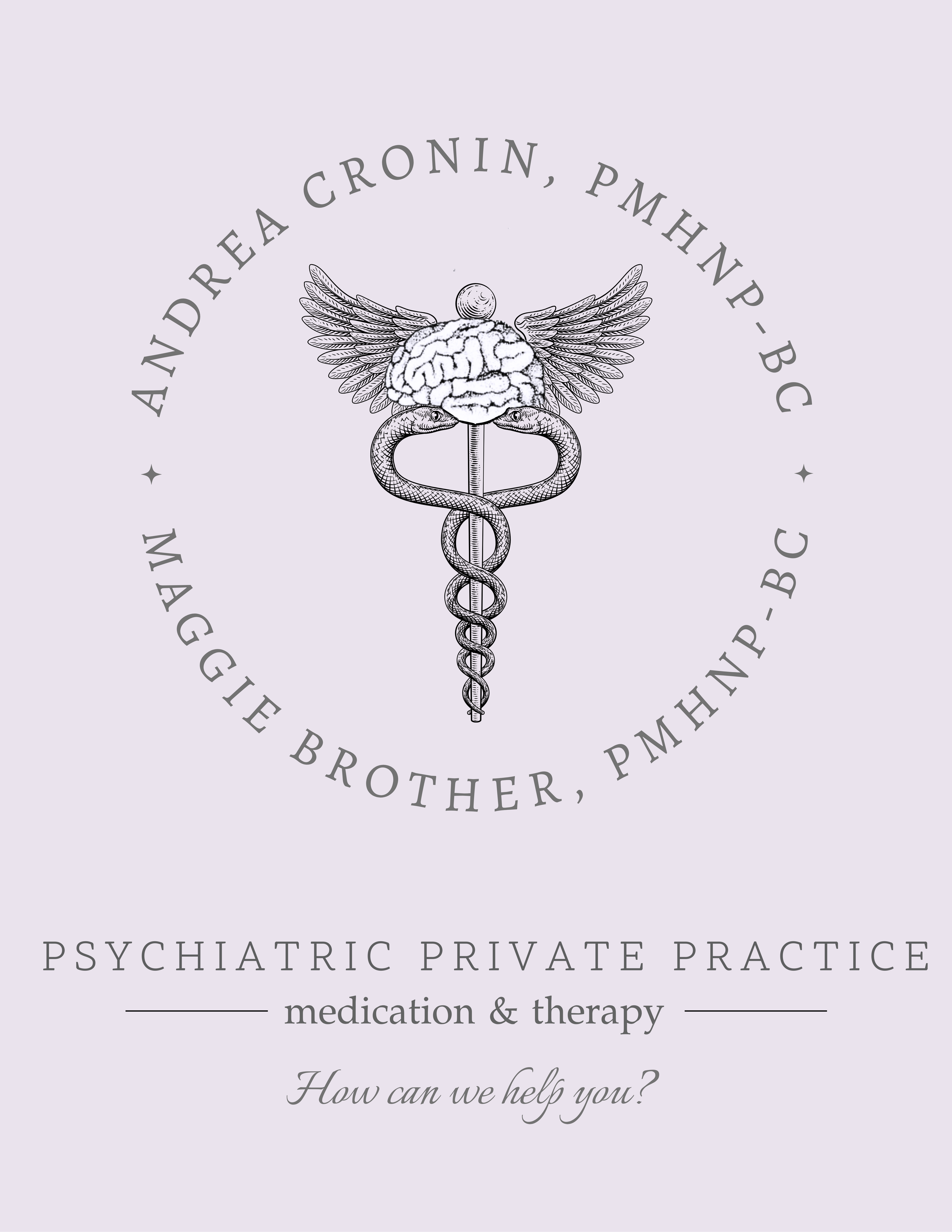Obsessive Compulsive Disorder Clinic Westchester
Obsessive Compulsive Disorder (OCD), is a common mental health disorder included in the realm of anxiety disorders. Symptoms of OCD often first develop during adolescent and teenage years, although adult onset OCD is often seen. OCD can affect anyone, of all ages, race or gender. According to the National Institute of Mental Health, recent studies have found that the prevalence of OCD is somewhat higher in adult females aged 18 years or older. Half of adults who are diagnosed with OCD are determined to have severe impairment, and about 34% adults who have OCD are found to have moderate impairments.
OCD may be caused by a genetic predisposition, changes in brain chemistry or following an infection which is more commonly seen in children and adolescents, known as Pediatric Autoimmune Neuropsychiatric Disorders Associated with Streptococcal Infection (PANDAS).
People with Obsessive Compulsive Disorder often experience repetitive and pervasive thoughts that may not be based in reality, causing them significant worry and anxiety that may interfere with their ability to maintain their daily routine. Often, they feel compelled to perform repetitive actions known as compulsions that help reduce the level of stress and anxiety they feel. Some examples may include counting steps, turning a lock a number of times, excessive cleaning or repetitive hand washing, are found to reduce their level of anxiety in the short term, but there are better options for anyone suffering from OCD.
For the person affected, it may seem like an endless, frustrating cycle of thoughts, fears and actions. According to the Diagnostic Statistical Manual, 5th Edition, (DSM, V) Some common forms of OCD include:
- For example, in order to leave a room, one must flip on and off a light switch ever so many times before they feel they can move on, or they must always brush their hair a certain number of strokes and if something interrupts the process, they must start over.
- Some people may experience obsessive hand washing, so much so that their hands are dry or cracking; yet they feel compelled to wash their hands over and over again. Some people who have OCD have a fear of germs or contamination from items in their everyday life.
- For example, some people who have OCD feel like they must check every door and window in the house before they leave, in a certain order, in a certain way, or else they must start over. Another example may be that some people feel they must check to make sure the stove is off or the alarm is turned on a certain amount of times to feel assured that everything is in order.
Symptoms associated with OCD are often very frustrating and cause significant disability. There are many effective treatment options for Obsessive Compulsive Disorder which include Cognitive Behavioral Therapy, Exposure and Recovery Therapy as well and short and long-term medication options. If you are experiencing symptoms commonly seen in Obsessive Compulsive Disorder that is having a negative effect on your personal, school, work or social life please contact our office to explore possible treatment options.

